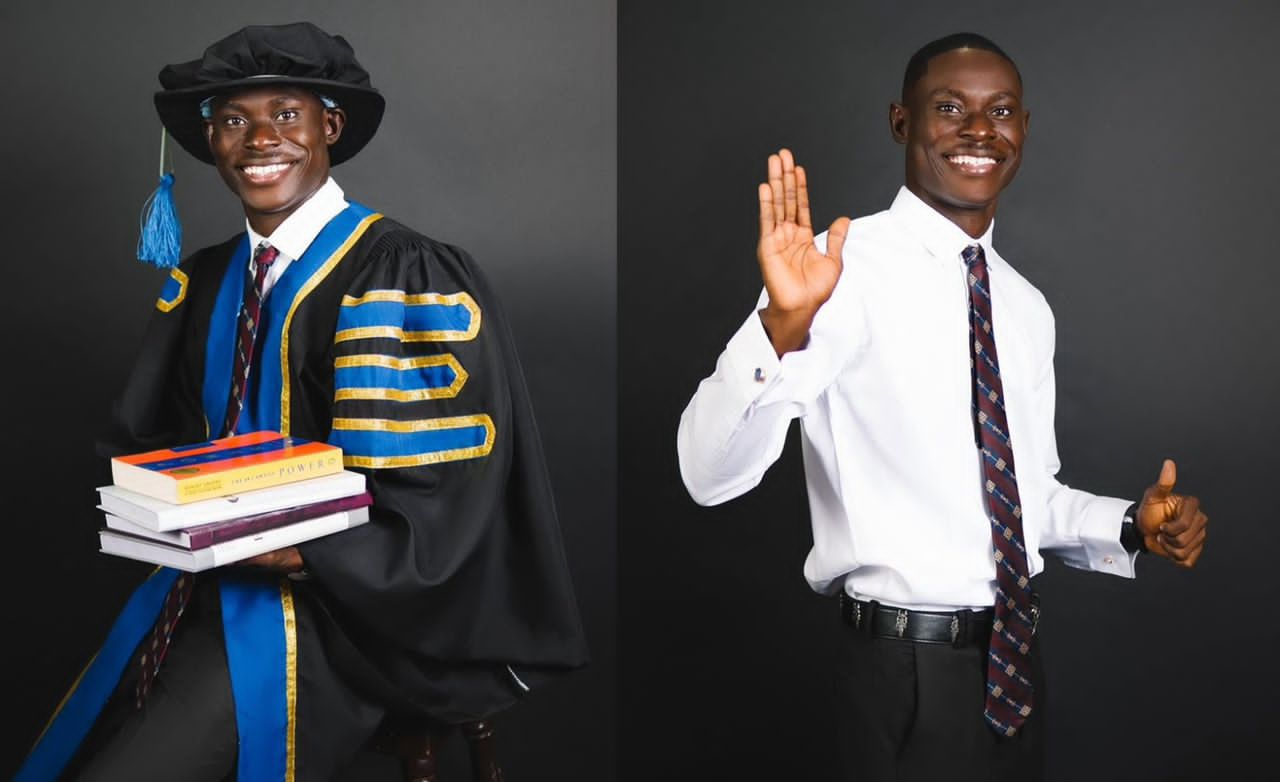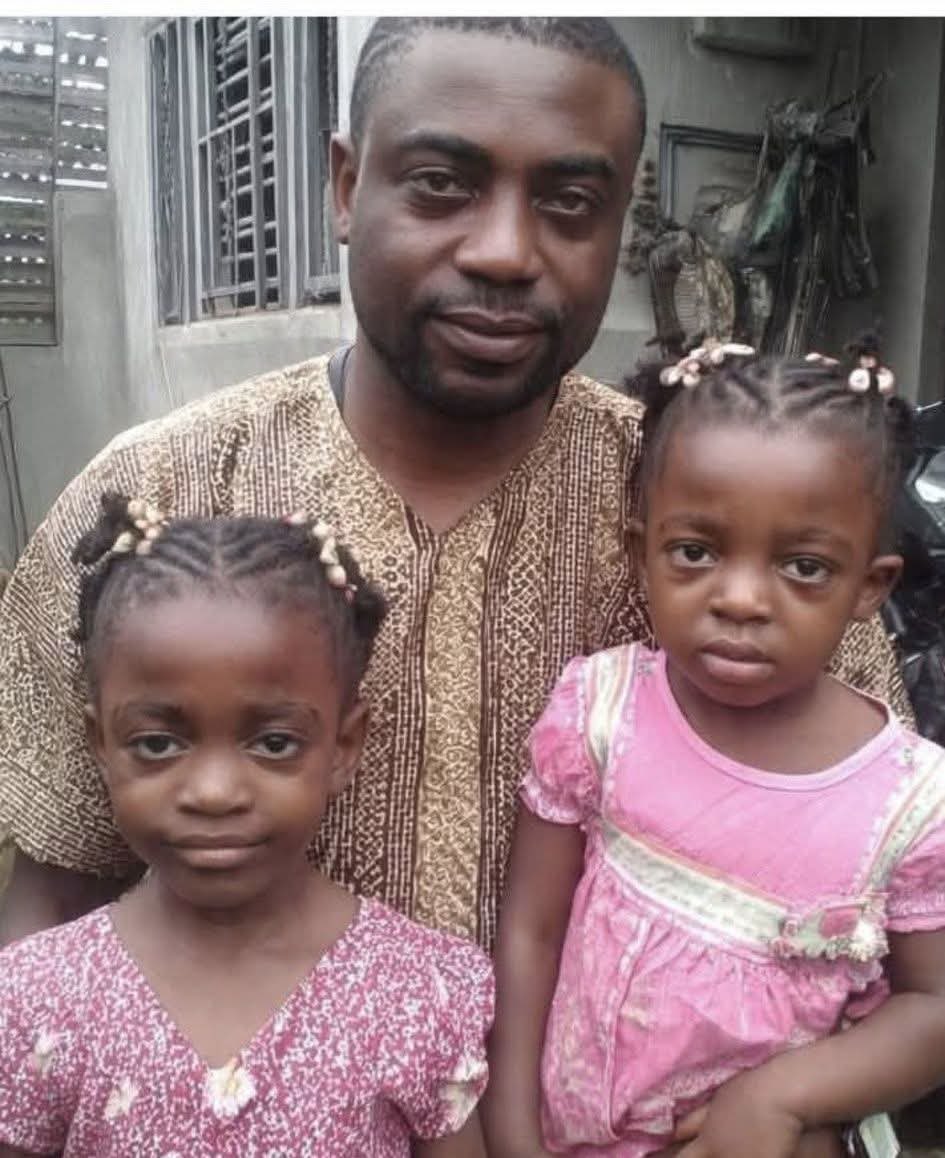
DSS Legal Action Against Sowore Rekindles Debate on Political Repression in Nigeria

The Department of State Services (DSS) has moved against Omoyele Sowore, activist, journalist, and two-time Nigerian presidential candidate, in a legal escalation that underscores the government’s hardened response to dissent.
Court documents from the Federal High Court hint at charges tied directly to Sowore’s activism, placing one of Nigeria’s most persistent critics of state power once again in the crosshairs of the security establishment.
For many Nigerians, the development is not surprising. Sowore, founder of the influential Sahara Reporters and leader of the 2019 RevolutionNow protests, has lived much of his adult life locked in battle with state authority.
His arrests are as familiar to the public as his fiery rhetoric. In 2021, a court awarded him ₦2 million in damages after ruling one of his detentions unlawful—yet the compensation did little to halt what has become a cycle of arrests, trials, and surveillance.
The irony, critics argue, is striking. While the DSS moves swiftly against a man armed with words, it has been less effective in stemming the tide of insecurity that has devastated the country.
Data from the Africa Center reveals that Boko Haram-linked violent incidents have more than doubled since 2015, while kidnappings, banditry, and communal clashes plague vast swathes of Nigeria. To many, the legal pursuit of Sowore signals selective enforcement—a display of force against dissent rather than against existential threats to national security.
Sowore’s current troubles cannot be divorced from his past. As a young student activist in 1992, he led protests against corruption, only to watch police kill seven demonstrators and endure his own torture in custody. Those scars, physical and political, set him on a path of lifelong resistance. He challenged military juntas, exposed graft through journalism, and sought the presidency—twice—under banners of reform. Now, over three decades later, the pattern appears hauntingly familiar: the state, once again, is reaching for the same blunt instrument of suppression.
Supporters call the DSS action an attack on free speech and democracy itself. Opponents dismiss Sowore as a perennial agitator who thrives on disruption. Yet, whichever view one takes, his case has become emblematic of a larger Nigerian dilemma: the uneasy balance between maintaining order and silencing voices that question it.
As this legal battle unfolds, the stakes extend far beyond one man. In Sowore’s story, Nigerians glimpse the unresolved tensions of a state still struggling with its democratic promises. And in the shadow of rising insecurity, the decision to focus energy on repressing activism rather than tackling violence may prove not just controversial, but costly.


